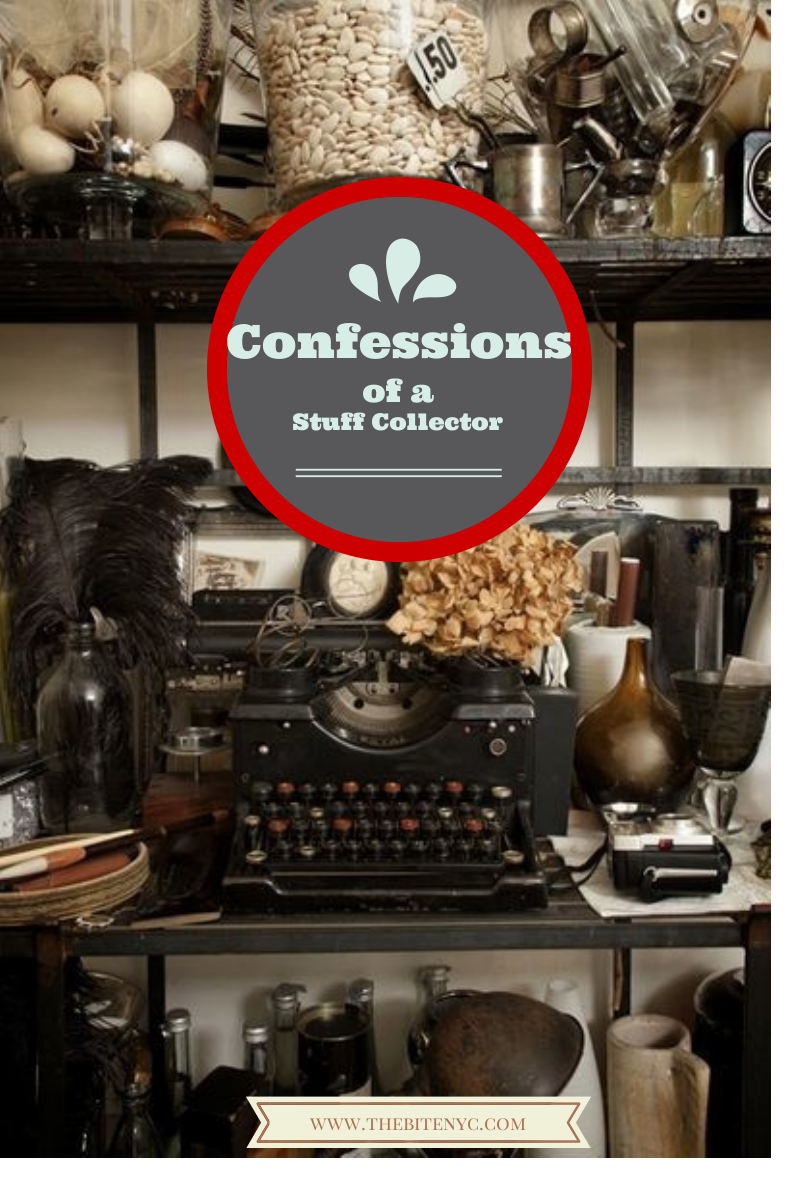 One of the most jarring things about moving to New York, for me, was the concept of vertical living. A born and bred California girl to the core, I used to joke about the fact that the two things I missed the most when I moved to the Big Apple were my garage and the trunk of my car. But it was no joke. I was severely challenged when all of my “stuff” showed up from across the country. At one point we were forced to rent a storage unit in New Jersey to get by — it was relatively cheap and turned out to be a lifesaver, despite having to cross the GW to get the Christmas ornaments. That was life in a two bedroom in Manhattan with a toddler.
One of the most jarring things about moving to New York, for me, was the concept of vertical living. A born and bred California girl to the core, I used to joke about the fact that the two things I missed the most when I moved to the Big Apple were my garage and the trunk of my car. But it was no joke. I was severely challenged when all of my “stuff” showed up from across the country. At one point we were forced to rent a storage unit in New Jersey to get by — it was relatively cheap and turned out to be a lifesaver, despite having to cross the GW to get the Christmas ornaments. That was life in a two bedroom in Manhattan with a toddler.
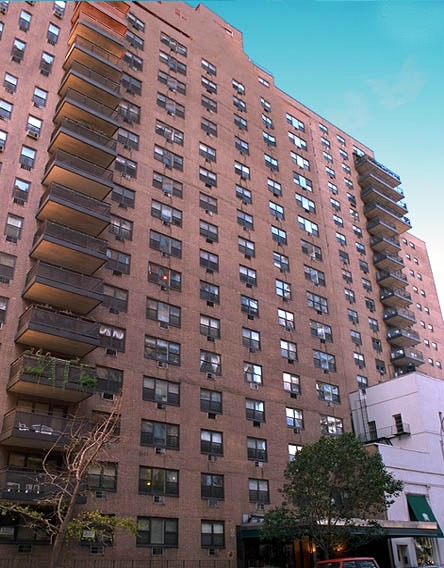
You can imagine my excitement when we made the move to a considerably larger home in the ‘burbs (not too far from NYC) with not only a two car garage, but a basement! Oh yes, the space was so overwhelming we used the living room as a playroom when the twins were little since there was no furniture in there anyway. As it turned out, it took years to furnish the house. But the additional space seemed to encourage the “stuff” to start accumulating almost immediately. I’m talking about the kids’ special paintings and projects, tons of photographs, books and boxes upon boxes of scripts (from before things went digital) that were in our living space instead of a storage space and clothing and toys that the kids were constantly outgrowing, and that’s just for starters.
As I contemplated keeping some sentimental scribbles that one of the kids created, my oldest daughter imparted some wisdom that was well beyond her years, “Mom, the longer you keep things, the harder they are to get rid of.” Wow. She wasn’t even twelve, but she wasn’t missing a thing and remains very aware of my ‘letting go’ issues.
 And then both of my in-laws passed away within two years of each other. It was traumatic on so many levels — they were like second parents to me. Ultimately, their gigantic home had to be quickly undone and then sold. As we, along with my brother-in-law and his family, sorted through years of their lives it was sobering to have to decide what to keep, what to sell and what to give away. We knew we couldn’t take everything, but how do you take apart someone else’s life? Every object I picked up, I’d think to myself, was something that meant something to them. My mother-in-law was a sentimental “keeper” just like me, so I couldn’t help sifting through her things through her eyes — it was a real struggle for me.
And then both of my in-laws passed away within two years of each other. It was traumatic on so many levels — they were like second parents to me. Ultimately, their gigantic home had to be quickly undone and then sold. As we, along with my brother-in-law and his family, sorted through years of their lives it was sobering to have to decide what to keep, what to sell and what to give away. We knew we couldn’t take everything, but how do you take apart someone else’s life? Every object I picked up, I’d think to myself, was something that meant something to them. My mother-in-law was a sentimental “keeper” just like me, so I couldn’t help sifting through her things through her eyes — it was a real struggle for me.
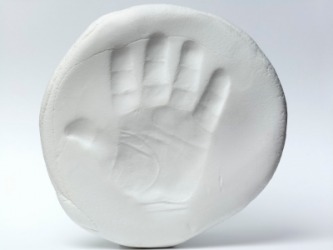 My mother-in-law once told me she was going to put names underneath the furniture so there’d be no issue as to who was to take what someday. But when the time came and we turned over all of the pieces, not one had a name on it. Ultimately, in deciding what to take, one of our parameters was the fact that everything was to be driven across the country, so space was limited on the truck. The other parameter was my husband, who is far less sentimental than me. I still think about a few things he insisted we leave behind. I was saddened to discover he had thrown a kindergarten hand print of his own into the garbage and quickly scavenged it out when he wasn’t looking. I couldn’t part with that, how could he? I’ll never forget the dilemma of what to do with his parents’ yearbooks. They meant very little to any of us, but even my husband couldn’t just throw them away.
My mother-in-law once told me she was going to put names underneath the furniture so there’d be no issue as to who was to take what someday. But when the time came and we turned over all of the pieces, not one had a name on it. Ultimately, in deciding what to take, one of our parameters was the fact that everything was to be driven across the country, so space was limited on the truck. The other parameter was my husband, who is far less sentimental than me. I still think about a few things he insisted we leave behind. I was saddened to discover he had thrown a kindergarten hand print of his own into the garbage and quickly scavenged it out when he wasn’t looking. I couldn’t part with that, how could he? I’ll never forget the dilemma of what to do with his parents’ yearbooks. They meant very little to any of us, but even my husband couldn’t just throw them away.
All of this reflection was recently conjured up by a particularly moving piece in the New York Times called Home, Dismantled, written by Olivia Judson. Every single word of it captures my feelings entirely. And this one paragraph nailed my sentimental stuff collecting problem on the head:
Please read the whole piece here. It’s powerful!
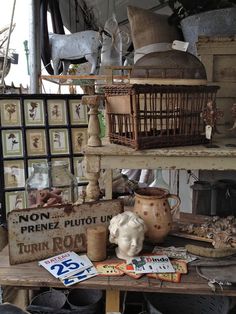 To make room for all of the family heirlooms that we brought to New York, we ended up selling and giving away many, many items that were non-sentimental duplicates (no need for two kitchen tables). While I still struggle greatly with managing the incoming/outgoing paper and clutter, the whole experience with my in-laws really drove home how important it is for me to work every day toward purging what’s not important so I don’t leave the stress of my “stuff” behind for others to sort and to make room for the stuff that does matter. I’ve worked with professional organizers in the past, but we all know this has to become a lifestyle change to maintain. So, keep me in your thoughts.
To make room for all of the family heirlooms that we brought to New York, we ended up selling and giving away many, many items that were non-sentimental duplicates (no need for two kitchen tables). While I still struggle greatly with managing the incoming/outgoing paper and clutter, the whole experience with my in-laws really drove home how important it is for me to work every day toward purging what’s not important so I don’t leave the stress of my “stuff” behind for others to sort and to make room for the stuff that does matter. I’ve worked with professional organizers in the past, but we all know this has to become a lifestyle change to maintain. So, keep me in your thoughts.
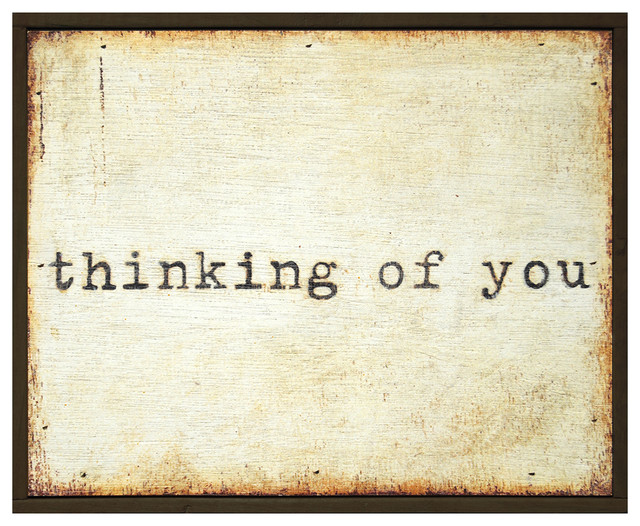 Meanwhile though, I won’t apologize for my attachment to various things that trigger emotion in me. There have been days when I’ve walked past a certain painting on the wall or sat on a particular chair and thought sadly to myself, “How on earth did this get here?” “It is only in my house because they are gone.” “I still can’t believe it.” However, now that a couple of years have gone by, I find myself passing those same items, feeling so grateful that we have them, if not for just a whisp of a memory that brings a smile into my every day travels.
Meanwhile though, I won’t apologize for my attachment to various things that trigger emotion in me. There have been days when I’ve walked past a certain painting on the wall or sat on a particular chair and thought sadly to myself, “How on earth did this get here?” “It is only in my house because they are gone.” “I still can’t believe it.” However, now that a couple of years have gone by, I find myself passing those same items, feeling so grateful that we have them, if not for just a whisp of a memory that brings a smile into my every day travels.
Rest assured, all of these items already have names written on the bottom.

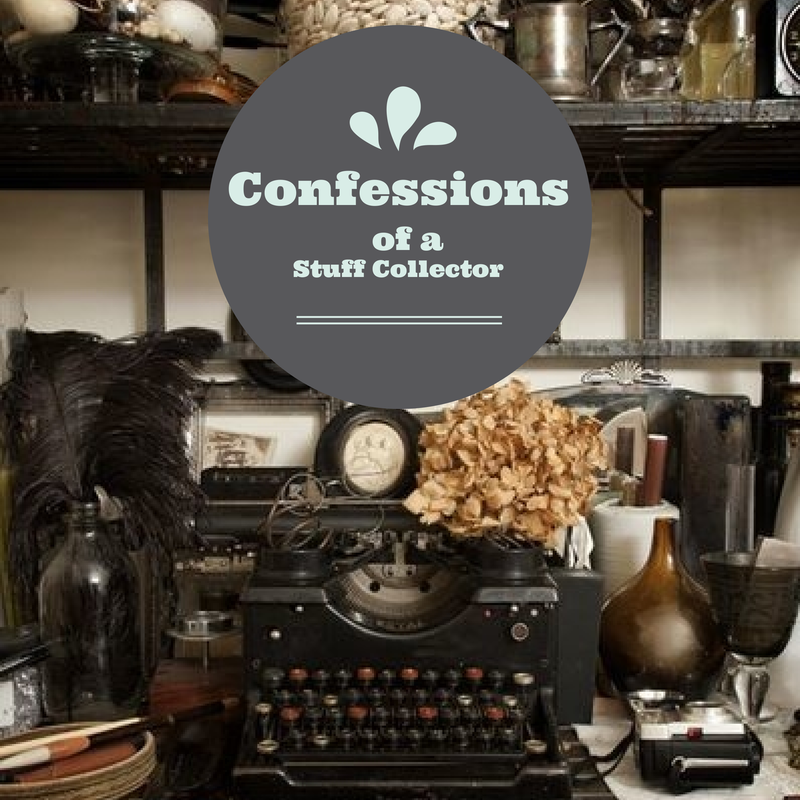
Alana,
This is beautifully written. You really captured the emotions your family has experienced these last few years. Made me cry…
My dad is stuff collector and has passed on his traits to my siblings and I. It is hard to decide what to pass along and what to keep. You described your dilemma in such a way that I could feel your pain.